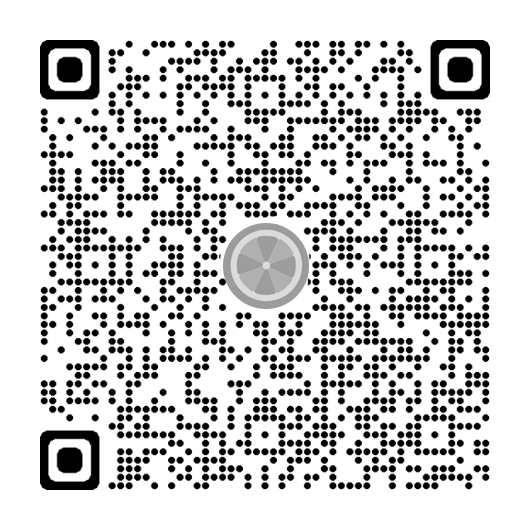Defining Key Terms
Barry Mauer and John Venecek
We discuss the following topics on this page:
We also provide the following activity:
 Defining Key Terms
Defining Key Terms
Earlier in this course, we discussed how to conduct a library search using key terms. Here we discuss how to present key terms. Place yourself in your audience’s position and try to anticipate their need for information. Is your audience composed mostly of novices or professionals? If they are novices, you will need to provide more definition and context for your key concepts and terms.
Because disciplinary knowledge is filled with specialized terms, an ordinary dictionary is of limited value. Disciplines like psychology, cultural studies, and history use terms in ways that are often different from the way we use the same words to communicate in daily life. Some disciplines have their own dictionaries of key terms. Others may have terms scattered throughout glossaries in important primary texts and textbooks.
Key terms are the “means of exchange” in disciplines. You gain entry into the discussion by demonstrating how well you know and understand them. Some disciplinary keywords can be tricky because they mean one thing in ordinary speech but can mean something different in the discipline. For instance, in ordinary speech, we use the word shadow to refer to a darker area produced by an object or person between a light source and a surface. In Jungian psychology, shadow refers to the unconscious or unknown aspects of a personality. Sometimes there is debate within a discipline about what key terms mean or how they should be used.
Every researcher is responsible for defining the key terms of their research. If you think your audience already knows the terms, your reader still wants to know how you define the terms. If a definition is contested — meaning different writers define the term in different ways — make sure you acknowledge these differences and explain why you favor one definition over the others. Cite your sources when presenting key terms and concepts. In the “Back Matter” of this book, you will find a page titled “Rubrics.” On that page, we provide a rubric for Defining Key Terms.
 Key Takeaways
Key Takeaways
|
Don’t |
|---|---|
| Define key terms | Present key terms without definitions |
| Look for definitions of key terms in disciplinary texts before consulting general-use dictionaries | Assume that ordinary dictionaries will provide you with the best definitions of disciplinary terms |
| Explore the history of the term to see if its meaning has changed over time | Assume that the meaning of a term has stayed the same over years, decades, or centuries |
| If the meaning of a term is contested, present these contested definitions to your reader and explain why you favor one over the others | Present a contested term without explanation |
| Even if you think your audience knows the term, assume they care what your understanding is | Assume your audience doesn’t care about your understanding of a key term |
If you are using an offline version of this text, access the quiz for this section via the QR code.


